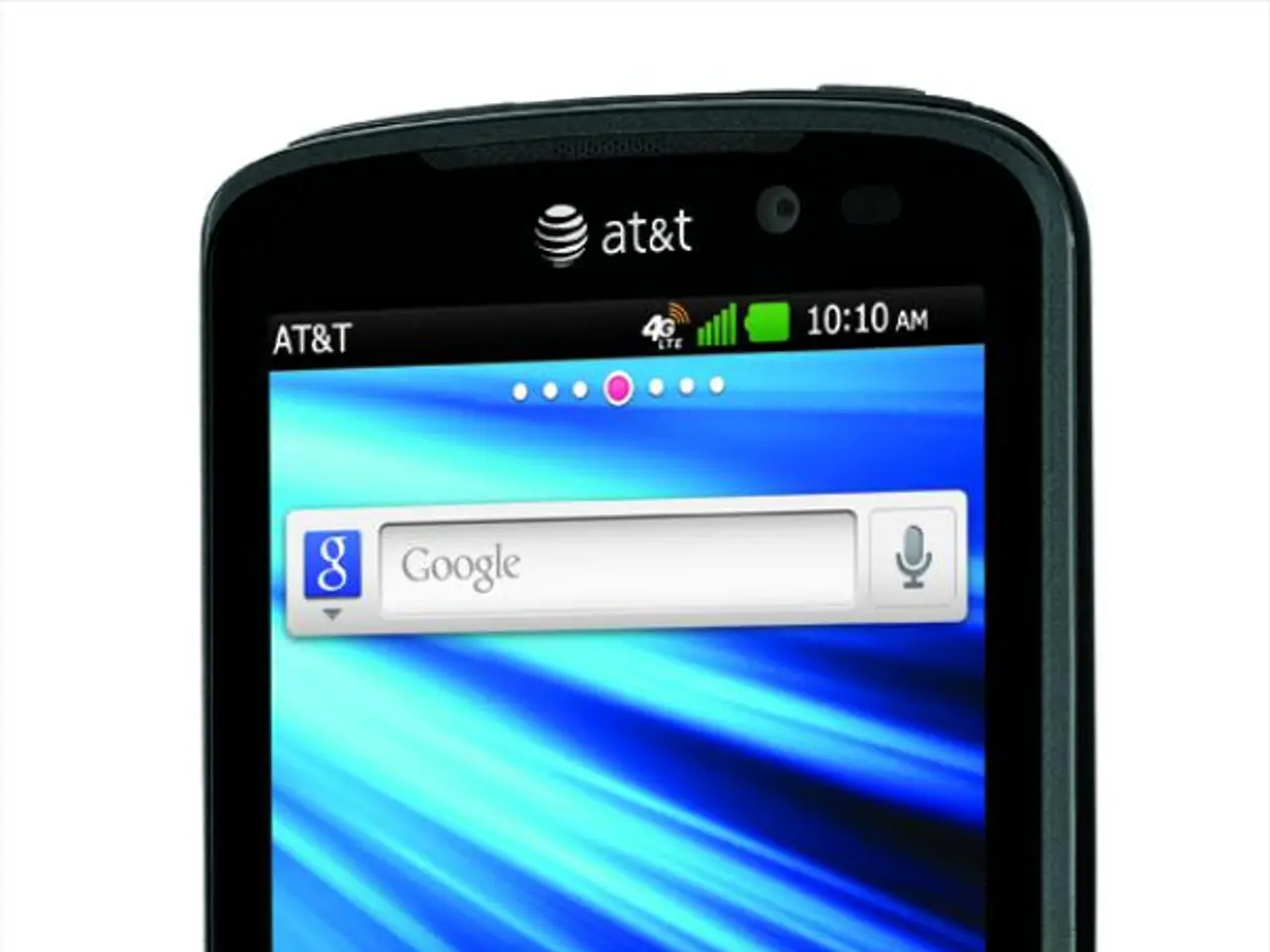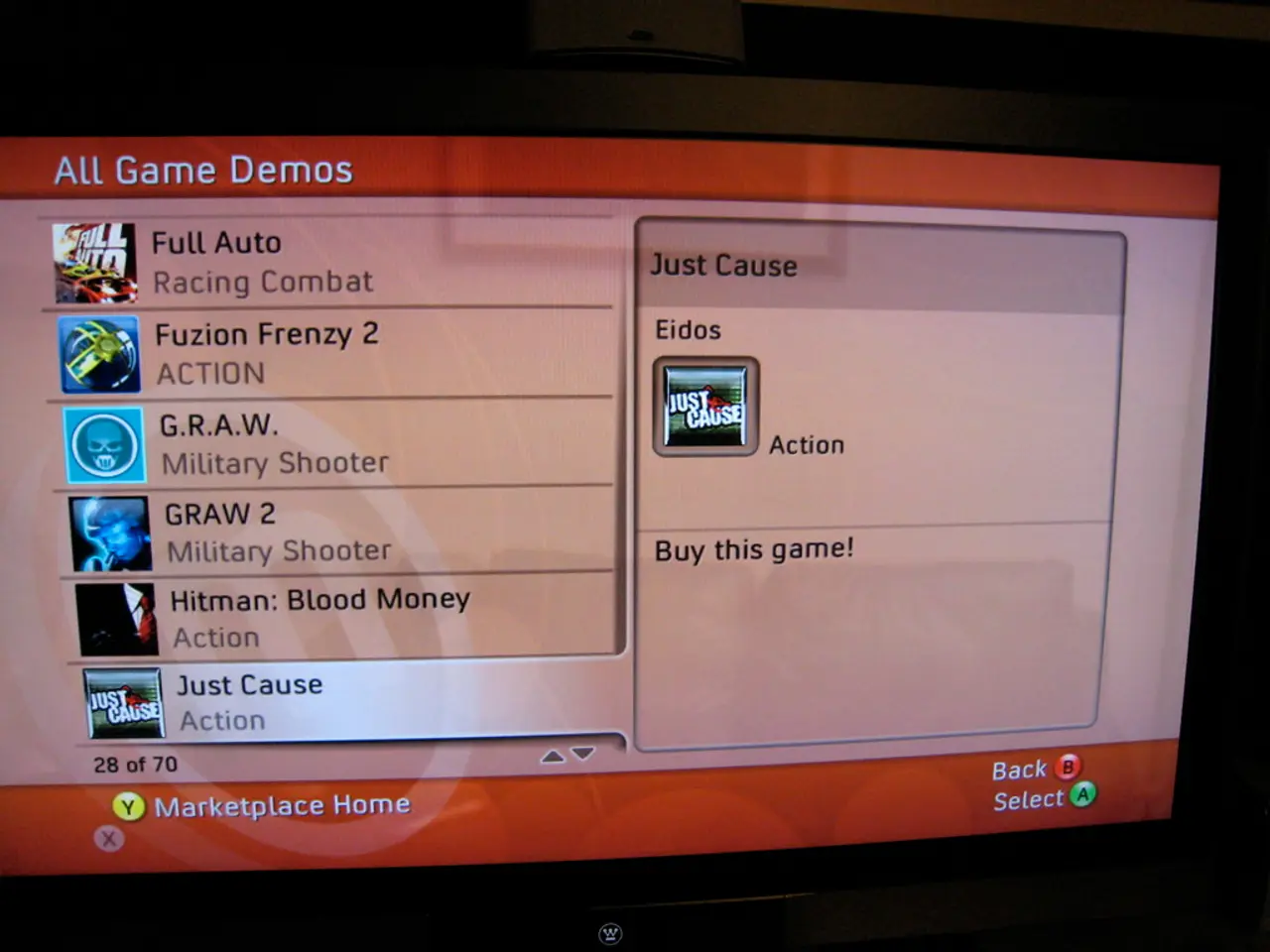West African Youth Propel Mobile Internet Expansion as Availability and Affordability Enhance
In the digital realm, young people aged 15 to 24 are leading the charge across Cameroon, Côte d'Ivoire, and Senegal, showing higher internet penetration and more active online engagement compared to older generations. This trend, according to recent reports, is a reflection of the expanding network infrastructure, decreasing data prices, and the increasing availability of affordable smartphones in these countries.
Younger users, often referred to as Gen Z and Millennials, primarily access the internet via mobile phones and increasingly smartphones. Their digital habits are dominated by social media, messaging apps, and video streaming. Platforms such as Facebook, WhatsApp, YouTube, Instagram, and TikTok are especially popular among the youth for communication, entertainment, and content creation.
On the other hand, older generations, including Gen X and baby boomers, tend to have lower internet adoption rates and less diverse usage patterns. They are less engaged in advanced internet activities like e-commerce or e-learning, which remain relatively nascent due to trust and infrastructure challenges.
Cameroon, Côte d'Ivoire, and Senegal each present unique patterns of internet use. Cameroon, for instance, has a moderate growth in internet penetration, with youth accounting for approximately 22% of the national population. In Côte d'Ivoire and Senegal, the proportion of youth aged 15 to 24 is similarly reflected. Côte d'Ivoire offers the most cost-effective mobile internet access, with its lowest-priced data plans falling below the UN Broadband Commission's affordability threshold. Senegal, on the other hand, leads in internet penetration, followed by Cameroon and Côte d'Ivoire.
Across all three countries, mobile devices dominate web access, consistent with Africa having the highest proportion (69.13%) of internet traffic from mobile devices globally. Mobile money usage is rising, especially in Côte d'Ivoire, linking financial transactions to web/mobile use among younger adults. E-commerce, e-learning, and other advanced internet services are still emerging, with uptake limited by infrastructural and trust issues and lower among older populations.
In summary, younger generations in Cameroon, Côte d'Ivoire, and Senegal lead internet adoption and exhibit more diverse and active web usage, mainly via mobile devices, favoring social media, video streaming, and mobile financial services. In contrast, older generations have lower internet penetration and tend toward more basic usage patterns. National differences in internet affordability and device availability shape these generational divides.
Technology and lifestyle are intertwined, as younger generations, predominantly Gen Z and Millennials, in Cameroon, Côte d'Ivoire, and Senegal are shaping the general-news landscape. This demographic has higher internet penetration, shows more active engagement online, and favors platforms like Facebook, WhatsApp, YouTube, Instagram, and TikTok for communication, entertainment, and content creation. Conversely, older generations, such as Gen X and baby boomers, have lower internet adoption rates, less diverse usage patterns, and are less engaged in advanced internet activities due to trust and infrastructure challenges.




